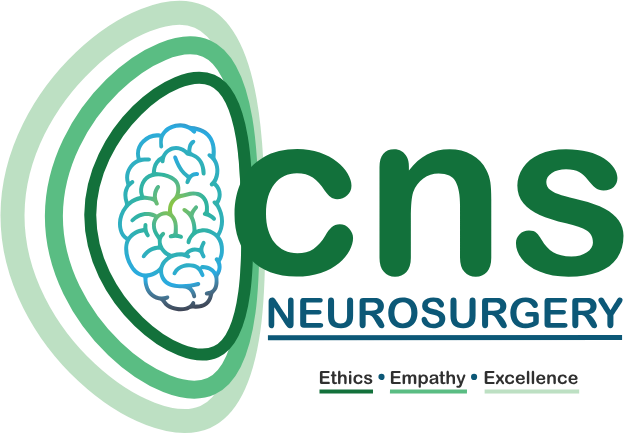
Parkinson’s Disease
Spine Brachial Plexus Surgery
Dr. Chirag Solanki has been trained in this field in his alma mater, NIMHANS, the premiere world-renowned Institute of National Importance in India under the stalwarts. He also got training under Professor Tipu Aziz, the pioneer in this field in Europe and one of the first few in the world, for Deep Brain Stimulation (DBS) from John Radcliffe Hospital, Oxford, UK. There he also trained for DBS, Spinal cord stimulation and peripheral nerve stimulation under Dr. Alex Green, Dr. James Fitzgerald and Dr. Stana Bojanic. He returned from Oxford, UK to provide his expertise to the patients in this field and establish the first ever center in Gujarat.
What is Parkinson’s Disease?
Parkinson’s disease is a progressive disease of the nervous system that affects movement. It develops gradually and often begins with an almost imperceptible tremor in one hand. Over time, Parkinson’s symptoms may worsen and include tremors, stiffness, slow movements, and balance problems.
What causes Parkinson’s Disease?
The exact cause of Parkinson’s disease is unknown, but it is thought to be caused by a combination of genetic and environmental factors. Certain genetic mutations are associated with Parkinson’s disease, and exposure to certain toxins may also increase risk.
What are the early signs and symptoms of Parkinson’s Disease?
The first signs of Parkinson’s disease may be different, but in general, it includes a violation of hand, hand, arms, legs, legs, limbs and body rigidity, rigidity, deceleration of blood kinesis or movement, and violations of balance or adjustment. I can.
Is Parkinson’s Disease hereditary?
Although most cases of Parkinson’s disease are not directly inherited, having a close family member with Parkinson’s disease may slightly increase your risk. Although researchers have identified several genetic mutations associated with Parkinson’s disease, the presence of these mutations does not guarantee that a person will develop the disease.
Can Parkinson’s Disease be cured?
There is currently no cure for Parkinson’s disease. However, there are treatments available to help manage symptoms and improve quality of life. These treatments may include medications, physical therapy, occupational therapy, and sometimes surgery.
Book Appointment
We are here for you
We are here to make your brain, and spine healthy and normal like others.

